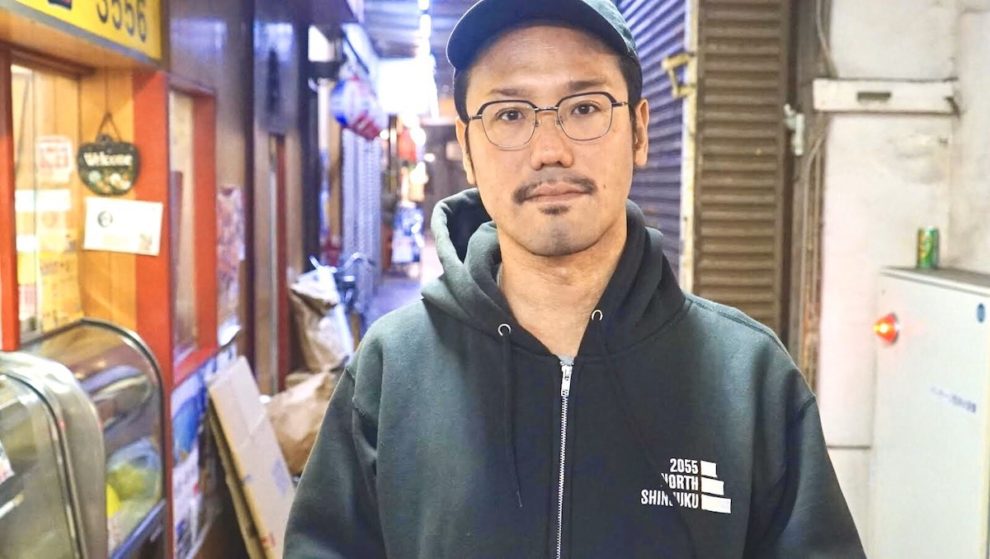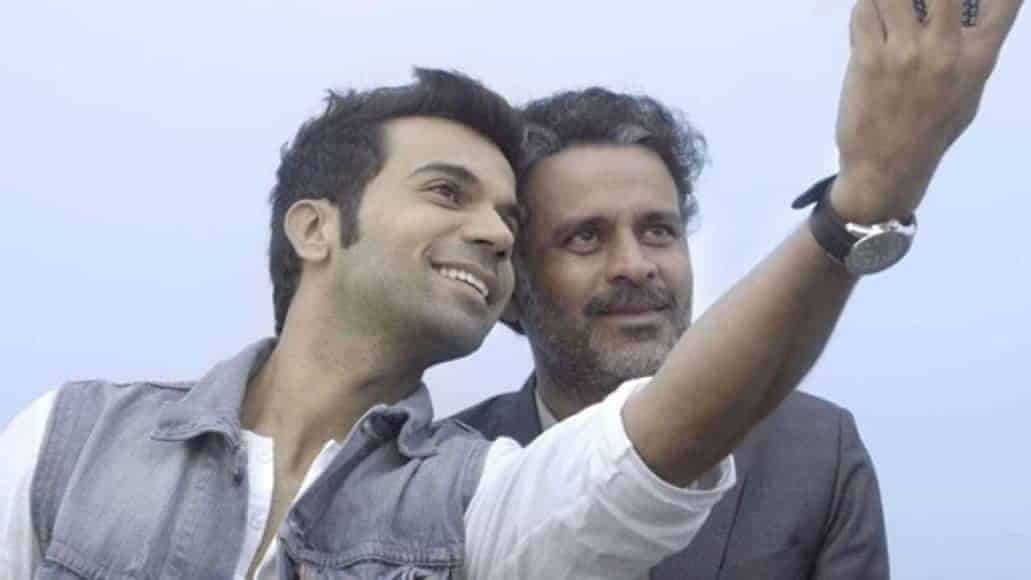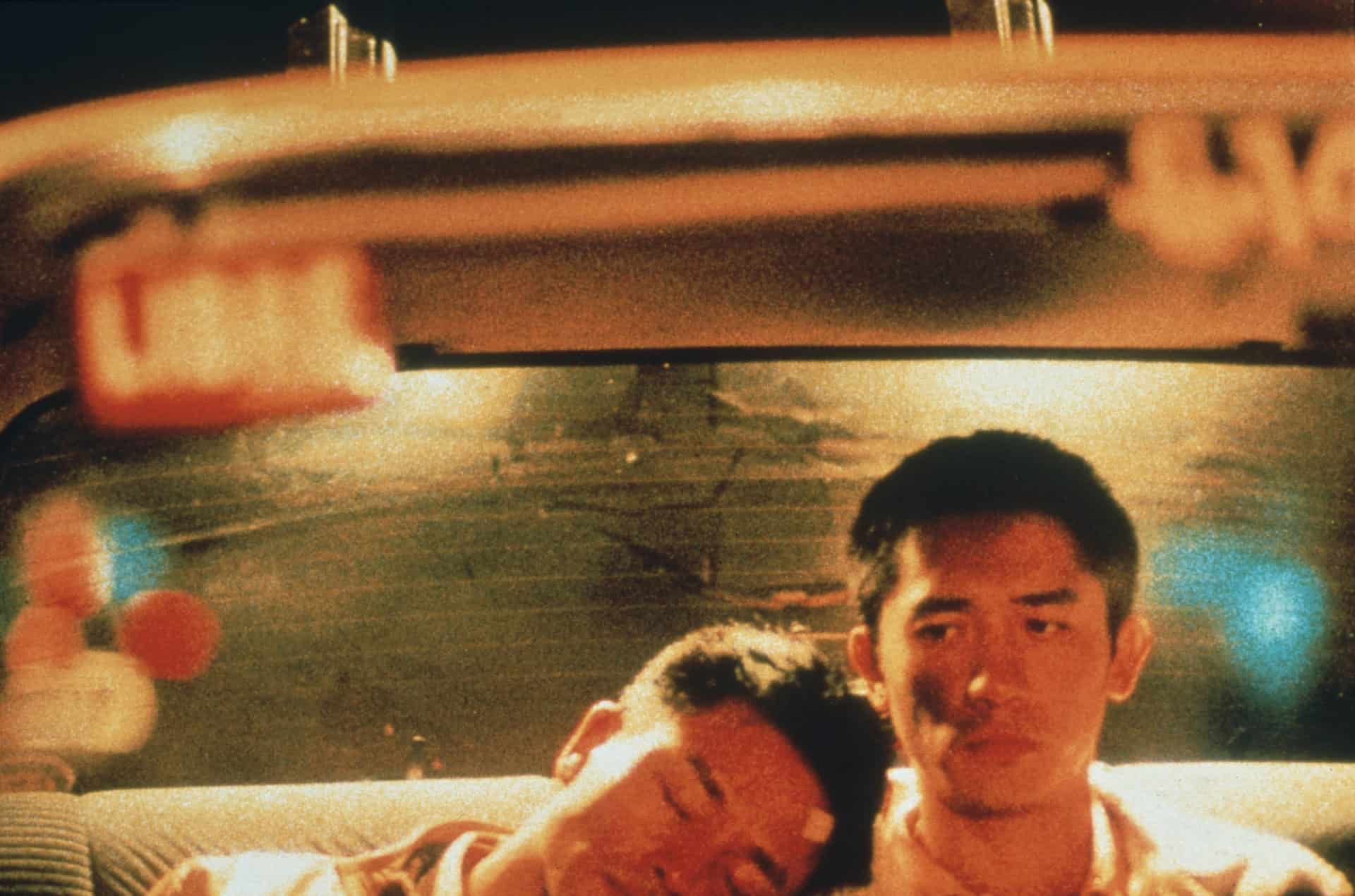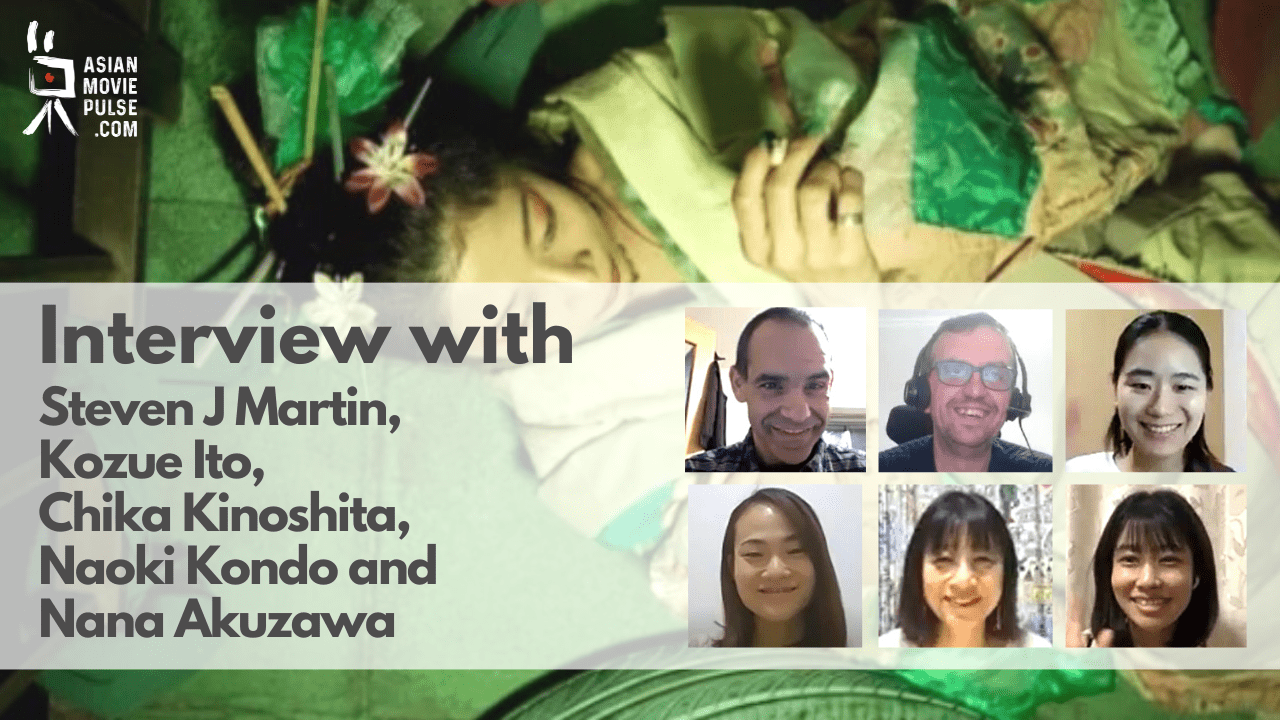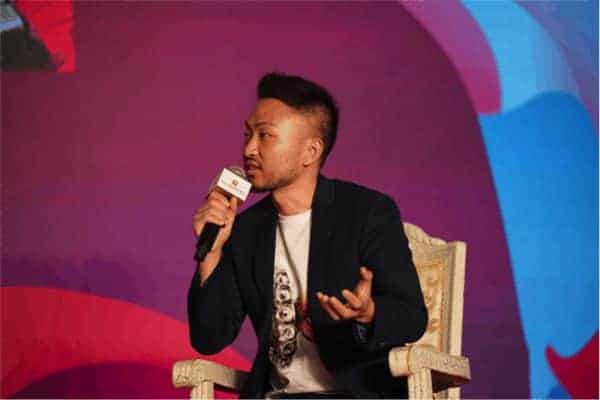Daisuke Miyazaki was born in 1980 in Yokohama. After graduating from Waseda University, he participated in the summer school of New York University which took place in Japan. His thesis “THE 10TH ROOM” won the Grand-Prix there. After working under directors such as Leos Carax and Kiyoshi Kurosawa, he made his first feature film, “END OF THE NIGHT” in 2011. This film was selected for numerous international film festivals and won the Special Mention Prize at the TORONTO SHINSEDAI CINEMA FESTIVAL. After being selected as the “7 Japanese Independent Film Directors You Must Check Out” by Raindance Film Festival in 2013, Miyazaki was selected for the Berlinale Talents. His film “5TO9” which he produced and directed the Japanese segment with the Berlinale Talents colleagues, world premiered at Taipei Golden Horse Film Festival in 2015. His 2nd feature film “Yamato (California)” was screened at more than 15 international film festivals and got raved by internationally known media such as New York Times and Variety, Hollywood Reporter. In 2017, he held his first modern art exhibition “Specters and Tourists” at the ArtScience Museum of Singapore produced by Singapore International Film Festival. “VIDEOPHOBIA” was selected the top 10 film of 2020 by “FILM ART”, one of the most prestigious film magazine in Japan. “North Shinjuku 255” is his latest work.
On the occasion of “North Shinjuku 255” screening at Osaka Asian Film Festival, we speak with him about the different approach he implemented in the film, his cooperation with a number of rappers, Shinjuku, photo stills, the music, and other topics.
North Shinjuku 255 is screening at Osaka Asian Film Festival
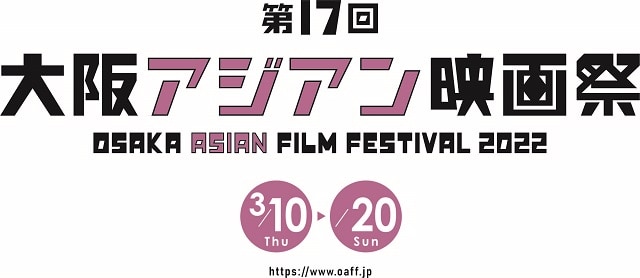
Why did you choose such a different approach for “North Shinjuku 255”? Which were the most significant issues in implementing this approach? Why did you choose to shoot in black and white?
I was interested in still images at that time. Budget was also one factor. Reading the original story, I thought it would cost a lot to realize this sci-fi gang movie in a moving image. I enjoyed using black and white in “VIDEOPHOBIA”. This time, the walls and streets of Shinjuku was mostly gray so I wanted to use the texture of the city.
How was your cooperation with Kan a.k.a. GAMI and Tatsuya Nagayama in that regard? How was the casting for the film like?
Kan is a legendary rapper from the hood so it's always exciting to work with him. Kan's manager introduced Nagayama to me. A lot of the casts are rappers and musicians.
The film includes many photos of various areas. Where did you take them, and how was the whole process of collecting them?
My crew wondered around the Shinjuku area and the Bay Area just before the Olympic Games. I wondered alone with my camera around Tokyo for almost a year to collect the images I already had in mind.
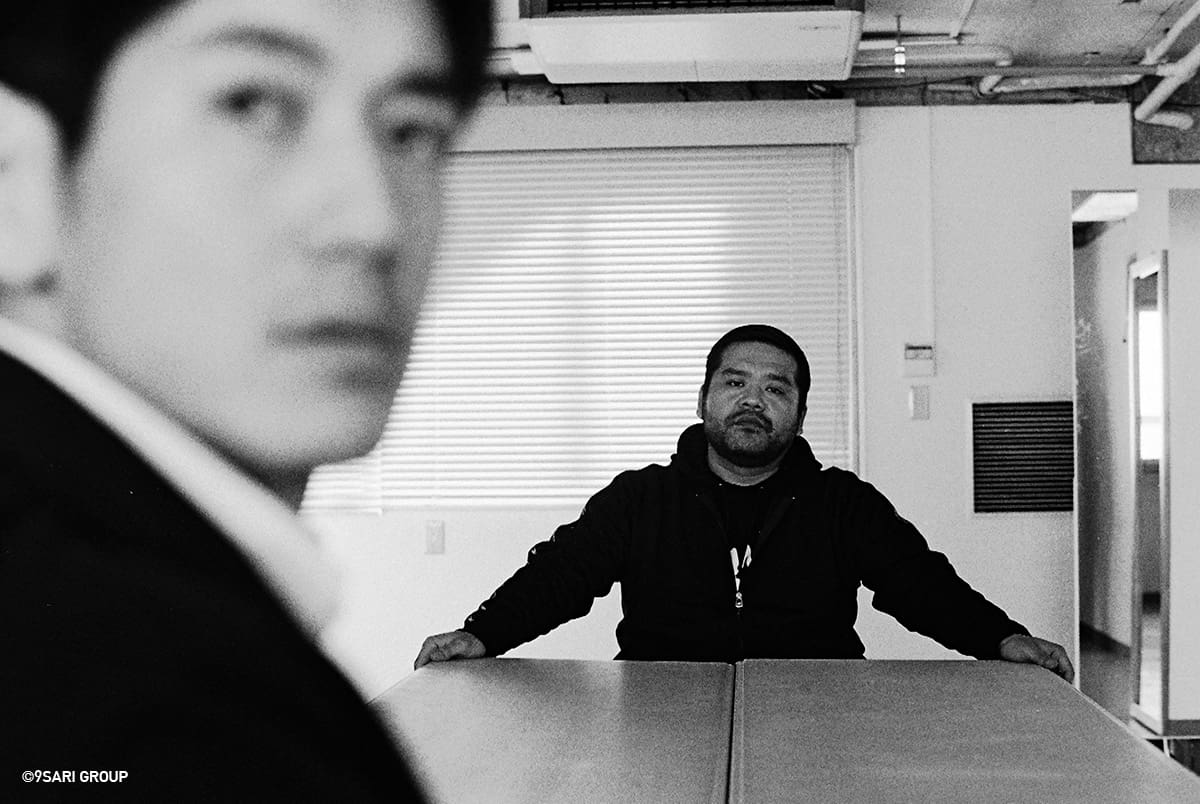
What was the inspiration behind the story? Is there some sort of metaphor in the story? In general, what were the comments you would like to communicate through the movie?
As always, I wanted to expand the border of film culture. What is fake and what is true, what is a picture and what is a movie.
There are few moments in the movie that there is actual movement. Why did you include those?
I wanted to wake up the audience! People get used to something so easily these days.
What was your approach in the editing?
I usually edit my material based on a musical flow. I was listening to the soundtrack of this film and also the dialogues to create the rhythm and the groove.
Music plays a significant part in the movie. Can you give us some more details about the tracks and why you chose the particular ones? What about the song that plays during the ending credits?
This time we worked a lot on the sound design. Most of the sound was recorded on an analogue cassette tape and mixed digitally. The whole soundtrack including the theme song was made by legendary jazz musician Naruyoshi Kikuchi who lives in Shinjuku.
What is your opinion of the Japanese movie industry at the moment?
I don't know. Not so interesting European-taste films are exposed to the world and exaggerated. Interesting films connected with our real life are not.
Are you working on anything new at the moment?
I just finished several shorts… A private detective story, a covid era love story, a short epilogue of “VIDEOPHOBIA”… I am working on a glam rock musical feature scheduled to film this summer and a project that is like a sequel of “VIDEOPHOBIA”.


